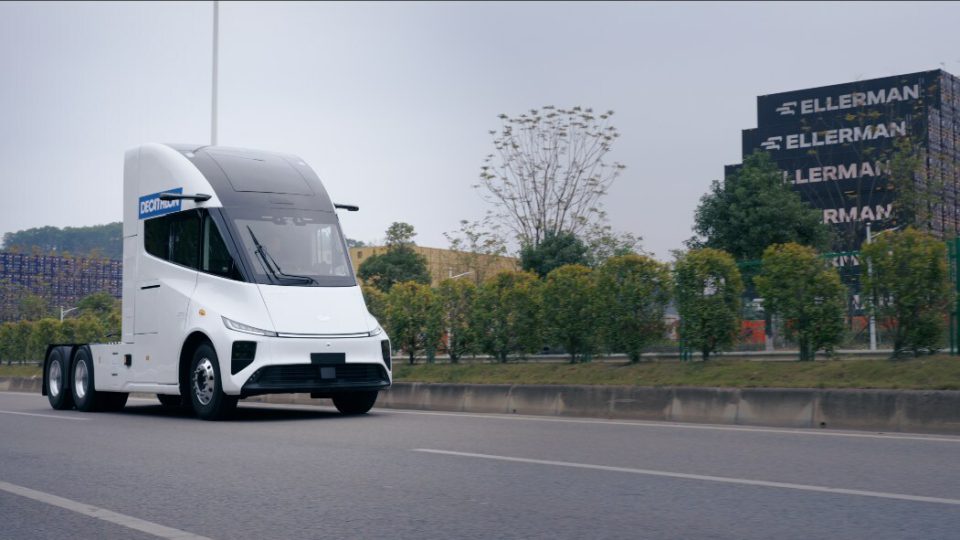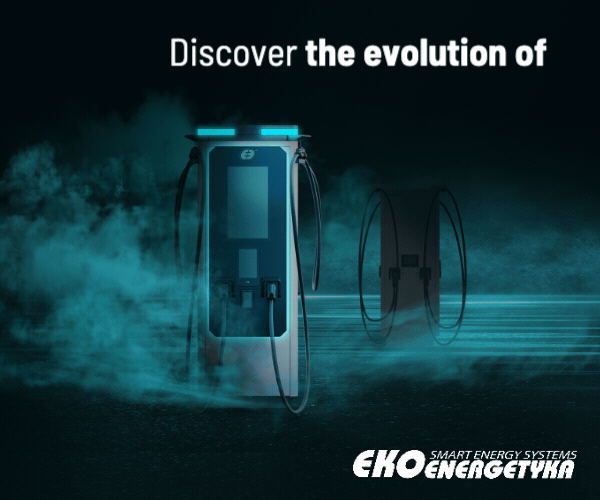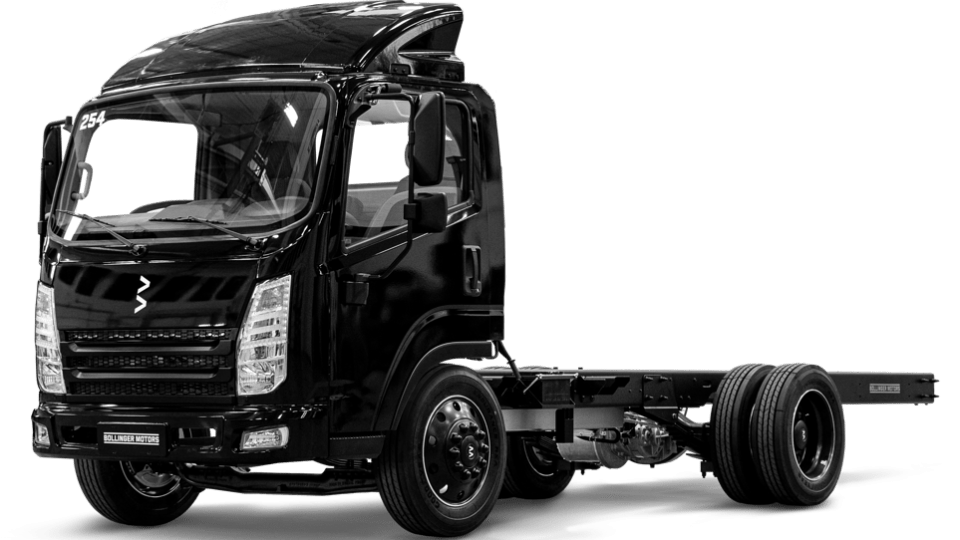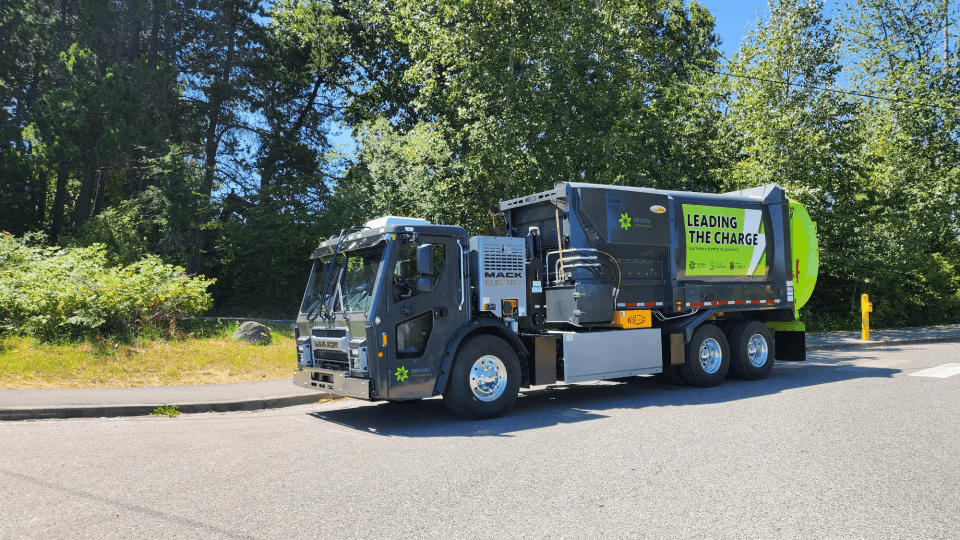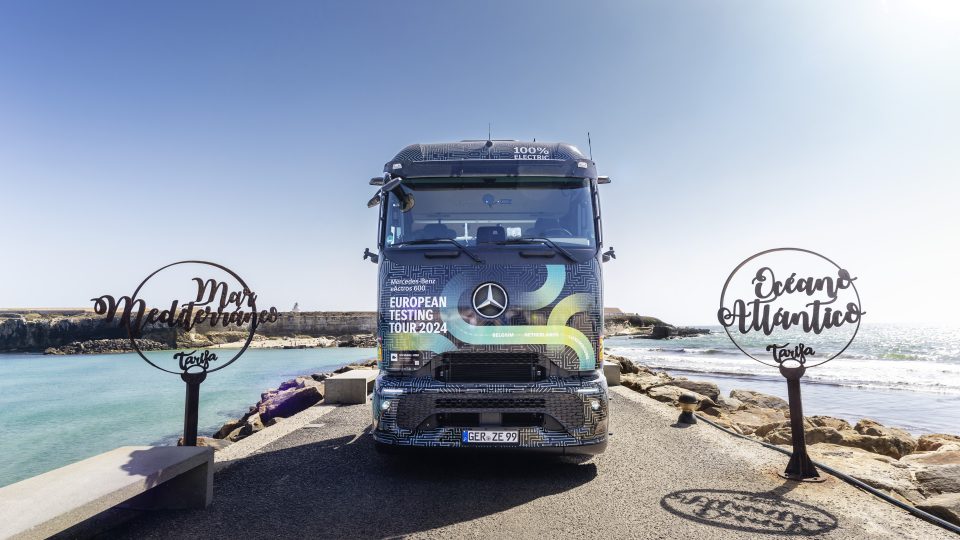E-truck deliveries, nine Volvo Trucks heavy-duty vehicles for Danfoss in Denmark
The e-trucks will operate in fixed routes between Danfoss sites in Denmark, and one of the trucks will operate 24 hours a day, five days per week, without significant charging downtime. The vehicles are set to be in operation before 2024.
Danfoss introduced nine fully electric Volvo trucks for transport needs in Denmark to reduce emissions by 10-15%. The Volvo 24-hour e-trucks include critical technology provided by Danfoss who are also among the first companies to exclusively utilize heavy duty electric line haul for transport operations. Indeed, The delivery of the three e-trucks is part of a larger partnership between Volvo Trucks and Danfoss.
The e-trucks will operate in fixed routes between Danfoss sites in Denmark, and one of the trucks will operate 24 hours a day, five days per week, without significant charging downtime. The trucks are set to be in operation before 2024.
Statements from Danfoss and Volvo
Torben Christensen, Chief Sustainability Officer and Head of Global Services, Danfoss, said “The shift to electric vehicles is part of Danfoss’ commitment to become carbon neutral in scope 1 and 2 emissions by 2030. With these new Volvo e-trucks, we add extra speed to the decarbonization of Danfoss’ operations. By transitioning our own fleet of transport vehicles to be fully electric, we want to demonstrate to our customers and other companies around the world that it’s challenging but not impossible to switch to electric transport vehicles and essential if you want to decarbonize your business.”
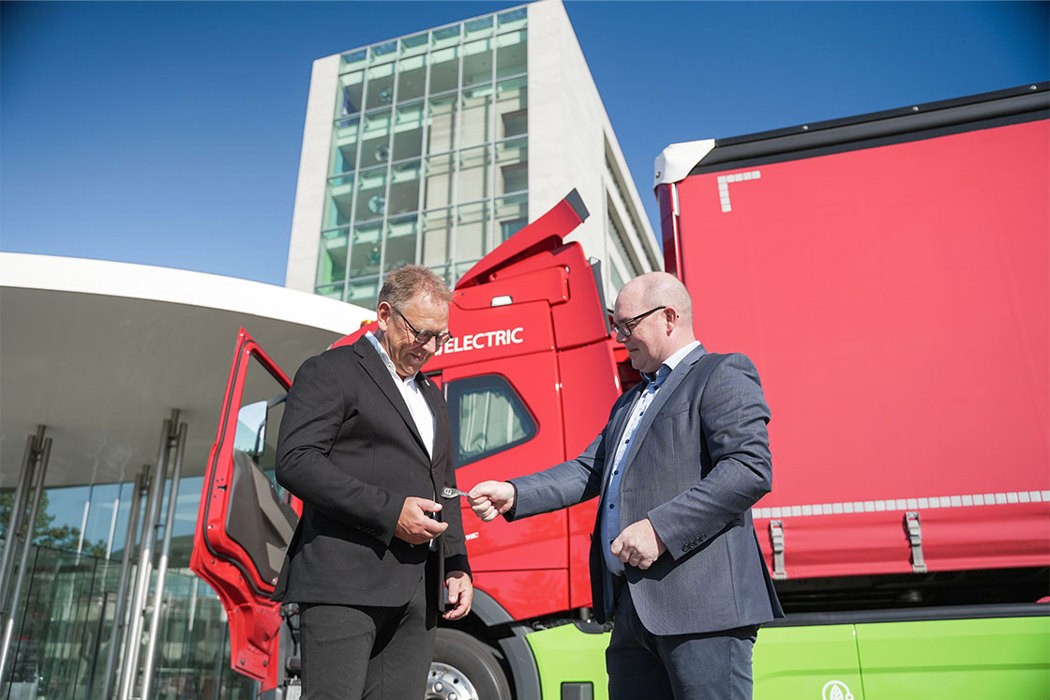
Joakim Nilsson, Business Development Manager – Zero Emission, Volvo, added: “This is a true testament that collaboration across the sectors is necessary but also opens for fantastic opportunities. Danfoss is a supplier of critical components in the electrical trucks and it’s fantastic to see they are walking the talk and transforming their whole fleet to electric. We are so proud to have Danfoss as our partner and that we together take these so crucial steps towards zero emissions and show the world what can be done if you set your mind to it.”






